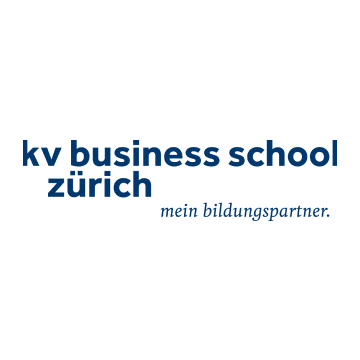The VUCA world is on our minds. Where causality, clear rules, hierarchies and increased efficiency would have once been deemed the markers of success for a company, today the increasingly close global markets are dominated by complexity, a “try it out” mentality and pressure to innovative. Economists talk about network economy, meaning a market that operates with the following changed rules of play (among others):
- The recognition that understanding the flow of information is becoming more important than understanding the flow of goods
- Networked services are becoming more important than products
- Experiences are becoming more important than things
- Cooperation is becoming more important than competition
- Networks are becoming more important than hierarchies
- Time logistics are becoming more important than location logistics
- Innovation and experimentation are becoming more important than tradition
- Those who learn faster and know how to use machines better, win
And then there is the pressure of digitization. Simple tasks are becoming automated, digital marketplaces are changing our consumer behaviour, and artificial intelligence in the form of smart assistants is making each one of us an expert all the time. The new, smart world may not (yet) always be effective in all matters, but it is certainly efficient.
One thing is certain – our way of working is changing. While, in the past, machines began replacing manual labour, technology is now increasingly taking over functions and tasks associated with our control centre – the brain. The requirements placed on each individual employee, on each individual manager, are growing.“Around 20% to 25% of all professional activities will be automated by 2030,” states the McKinsey study, which looked into the consequences of digitization in the Swiss economy. According to this study, around one million jobs will be wiped out in Switzerland by 2030. At the same time, thanks to new technologies, 0.8 million new jobs should be created. Half of these will be directly related to new technologies.
But what happens to the people who are supposed to take on these new duties? Will there be mass layoffs?
The McKinsey consultants assume that most of the workforce affected by digitization can be retrained or receive further training. The “skilling challenge” requires all players – both individuals and organizations – to have a high degree of agility, flexibility, resilience… in short, the ability to learn and adapt. These are skills that are not learned by studying at home or in a classroom in school, but which need to be experienced directly by doing. Here, too, “learning must be learned”.
Despite all of this digitization and artificial intelligence, there are certain subjects that outlast any modernization, as they touch on the very basis of our humanity and fundamentally concern togetherness. Values that have made for centuries of successful collaboration and that distinguish people and teams. What is a good manager? What are good teams? What is the importance of partnership in our VUCA world?
David Fiorucci has been dealing with these issues for many years. LP3 is his answer.
As the largest KV Business School in Switzerland, we are committed to both modernity and tradition. Our mission is to assist individuals and organizations as times constantly change and to make them fit for the future when it comes to education. A task such as this always begins with the individual. Only those who can reflect on themselves sufficiently and who are fit enough can help others through change.
Over two years ago, our sponsor, the Commercial Association of Zurich, initiated a vision and strategy process together with management. The aim of this was to develop education programmes for individuals, teams and organizations that create public value in our economy and society. Effective added value through better knowledge management, better leaders and better, co-creative teamwork.
We initiated this development step together with David Fiorucci, and it led to a shared image – the vision of our company in the future. Taking this as our basis, we used LP3 to then define conduct and leadership principles which in turn are implemented together with our employees in annual objectives. In the meantime, six employees have become licensed LP3 trainers and are carrying the message of good leaders, good teams and good partners out into our small internal environment as well as to the outside world.
VUCA, the smart economy and the skilling challenge are motivators for us to increasingly direct our activities into education programmes for companies as well. We are looking to collaborate with companies that view the development of their employees as a key factor for future success. Companies such as these are willing and able to change and are focusing on improving their ability to transform and innovate, on value-based management and good leadership, and on high-performance teams and co-creativity.
True to the subline of our logo, we are striving for an educational partnership that is based on the following attributes:
- Shared values (partnership and sustainable economy)
- A long-term vision
- Mutual goals (development of employees)
- Trust based on expertise and support
LP3 will take on an important role in building up partnerships with companies. With its simplicity, coherence and congruence, LP3 creates a common language and enables an effective and conscious impact right down to the foundations.
With David Fiorucci as our partner and LP3 as our method, we are proud to be able to support value-oriented companies during the challenging transformation process, and to have been able to provide added value for the economy and society in this way.

